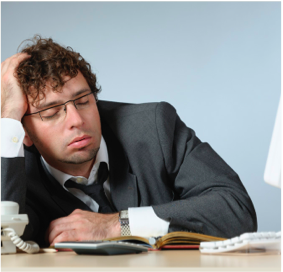This study investigated if acute sleep deprivation affects food purchasing choices in a mock supermarket. On the morning after one night of total sleep deprivation (TSD) or after one night of sleep, 14 normal-weight men were given a fixed budget (300 SEK-approximately 50 USD). They were instructed to purchase as much as they could out of a possible 40 items, including 20 high-caloric foods (>2 kcal/g) and 20 low-caloric foods (<2 kcal/g). The prices of the high-caloric foods were then varied (75%, 100% (reference price), and 125%) to determine if TSD affects the flexibility of food purchasing. Before the task, participants received a standardized breakfast, thereby minimizing the potential confound produced by hunger. In addition, morning plasma concentrations of the orexigenic hormone ghrelin were measured under fasting conditions. The results showed that independent of both type of food offered and price condition, sleep-deprived men purchased significantly more calories (+9%) and grams (+18%) of food than they did after one night of sleep. Morning plasma ghrelin concentrations were also higher after TSD. However, this increase didn’t correlate with the effects of TSD on food purchasing. The authors conclude acute sleep loss alters food purchasing. Obesity (Silver Spring). 2013 August. PMID: 23908148







